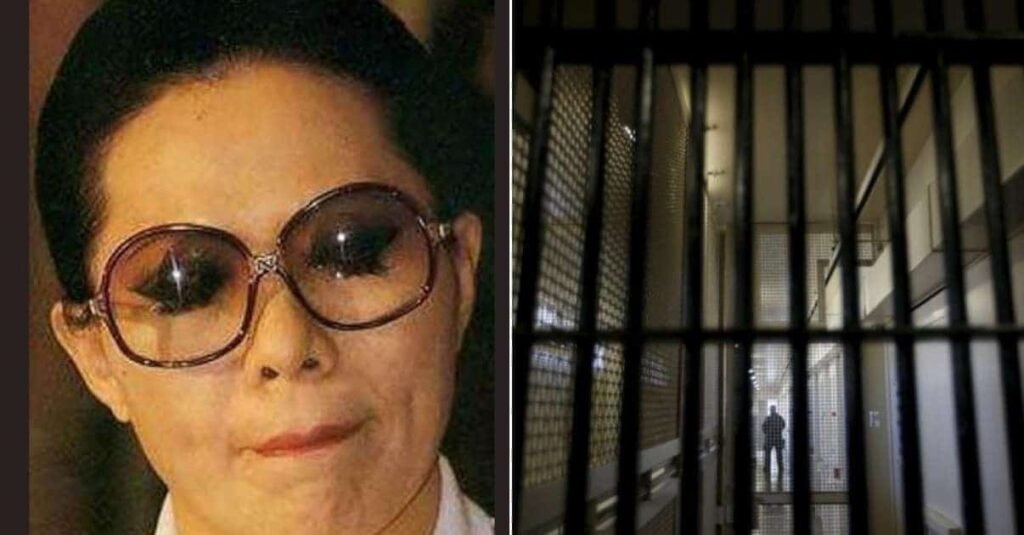She shrewdly deceived approximately 16,000 individuals from various parts of the world.
ISLAMABAD: In a story of deception and repercussions, Chamoy Thipyaso, a Thai woman, captured attention by receiving an unparalleled prison term, only to complete a small portion of it.
In the 1960s, a notable case unfolds involving a financial scheme named ‘chit fund’, which Thipyaso cunningly manipulated to deceive and victimize thousands of individuals.

While the ‘chit fund’ concept was initially utilized for developmental financing in India, particularly in the state of Kerala, Thipyaso ingeniously twisted its purpose to execute an extensive fraudulent scheme, resulting in her being labeled as a contemporary con artist.
Chamoy Thipyaso’s astonishing conviction finds its origins in her pivotal role within the ‘Mae Chamoy Fund’. She meticulously crafted this operation to mimic an oil share, further accentuating her calculated and deceitful maneuvers.
Operating under this facade, she enticed people with the assurance of significant profits for investing in her scheme.
The intricate complexity of her deception enabled her to defraud approximately 16,000 individuals globally, accumulating an astonishing sum of about 300 million dollars.
Prior to her legal troubles, the accused held a position at the Petrol Authority of Thailand, a state-owned oil corporation. Utilizing her connections within the Royal Thai Air Force, she added an air of legitimacy to her fraudulent operation.
Remarkably, her trap ensnared even members of Thailand’s Royal Family and influential military figure. Furthermore, she extended her chit fund scheme to residents of Kerala, enticing potential investors with rosy financial prospects.
However, as the 1980s dawned, the intricate web of deceit began to unravel, exposing Thipyaso’s multimillion-dollar swindling of unsuspecting victims worldwide.
Consequently, authorities handed down an unprecedented sentence of 141,708 years in prison.
Despite the staggering length of her sentence, prevailing Thai laws during that period permitted fraud convicts to serve a maximum of 20 years behind bars.
In the end, Chamoy Thipyaso spent a mere eight years in prison, a striking difference from her colossal sentence.
The relatively short duration of her actual incarceration stemmed from Thailand’s legal structure, which imposed restrictions on the length of punishment for fraud-related crimes.


